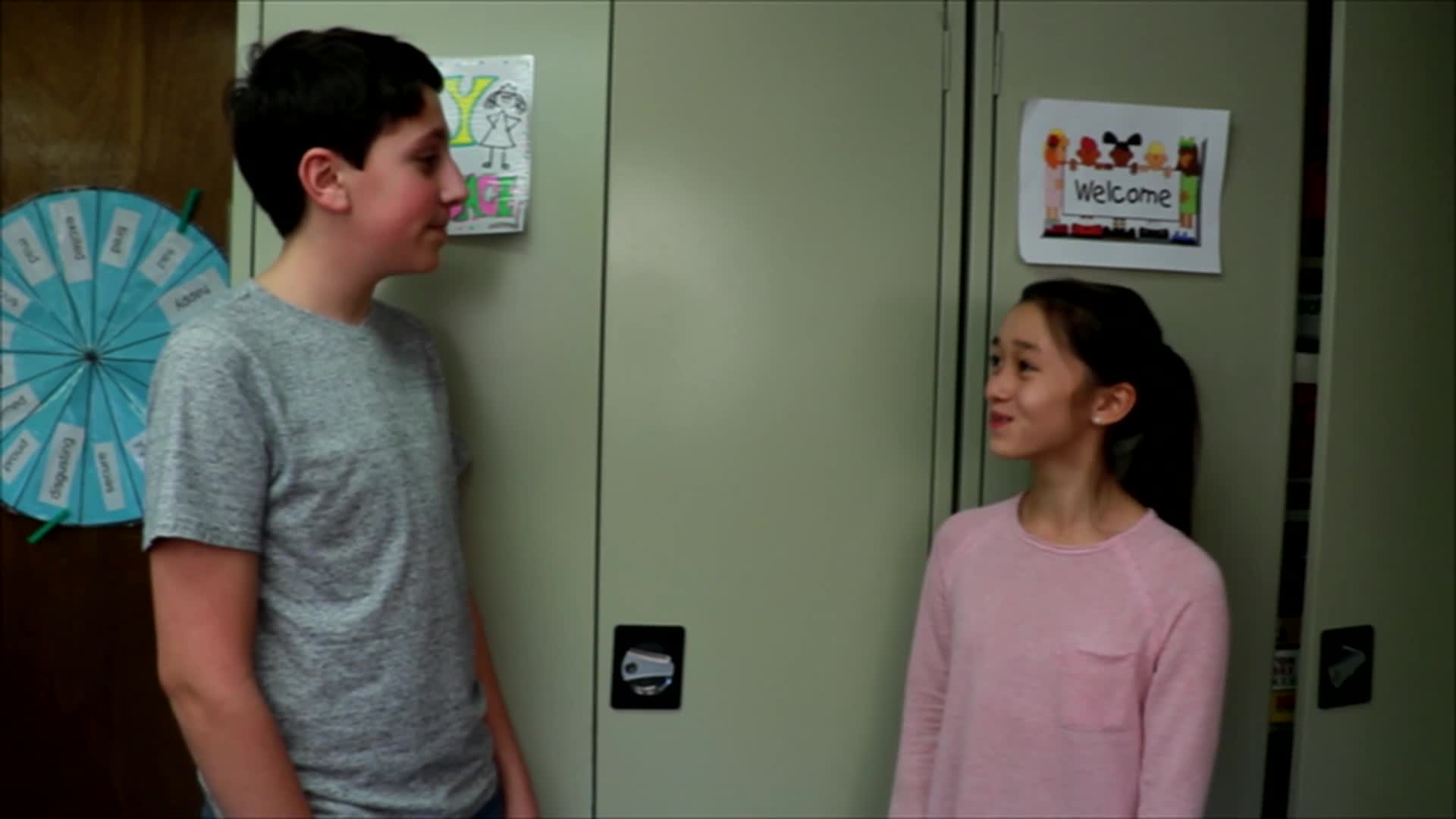
Introduction
Teaching social skills to Kindergarten students is an essential aspect of their early education. One crucial skill students must learn is the art of introducing themselves to new people. This blog post will help educators teach their students how to make introductions, engage in meaningful conversations, and build lasting connections with their peers. By incorporating principles of Social-Emotional Learning, educators can create a supportive and inclusive environment for young learners.
No-Prep Activity
Here is a fun, no-prep activity to teach Kindergarten students how to introduce themselves to their peers:
- Ask the students to sit in a circle.
- Begin the activity by introducing yourself to the class, saying, “Hi, I’m [your name]. Nice to meet you.” Encourage the students to repeat the phrase “Nice to meet you” after you say it.
- Next, have the student to your left introduce themselves to the class, following the same format. “Hi, I’m [student’s name]. Nice to meet you.”
- Continue around the circle, allowing each student to introduce themselves and practice the phrase “Nice to meet you.”
- Once every student has had a chance to introduce themselves, follow up with a brief discussion on the importance of introductions and how it helps us connect with others.
Discussion Questions
After completing the no-prep activity, encourage further learning with these discussion questions:
- Why is it important to introduce ourselves to new people?
- How did you feel when you introduced yourself to the class? How did you feel when others introduced themselves to you?
- What other things can we say or do when meeting someone new to make them feel welcome and comfortable?
- How do introductions help us make friends and build relationships with others?
- Can you think of a time when you met someone new? How did you introduce yourself, and how did it make you feel?
Related Skills
Teaching students to introduce themselves is just one aspect of building strong social skills. Other related skills that educators should consider teaching Kindergarten students include:
- Active listening: Encourage students to pay attention and listen when others are speaking.
- Maintaining eye contact: Teach students the importance of making eye contact when speaking with others.
- Taking turns in conversation: Help students understand the importance of allowing others to speak and waiting for their turn to respond.
- Using polite language: Reinforce the use of polite words such as “please” and “thank you” in everyday conversation.
- Expressing emotions: Encourage students to share their feelings and emotions with their peers and teachers.
Next Steps
Teaching social skills is a crucial aspect of a Kindergarten student’s development. By incorporating lessons on introductions and related skills, educators can create an inclusive and supportive learning environment. To access free samples of social skills activities and resources, including lessons on introductions and other essential skills, sign up for free sample materials at https://everydayspeech.com/sample-materials/.

